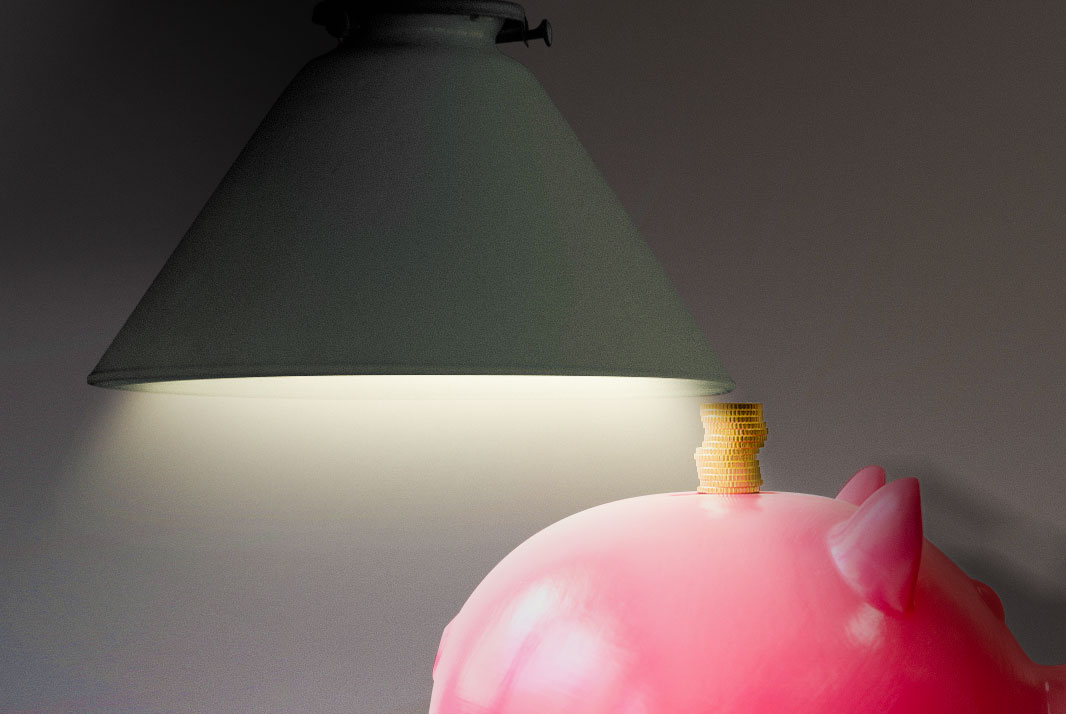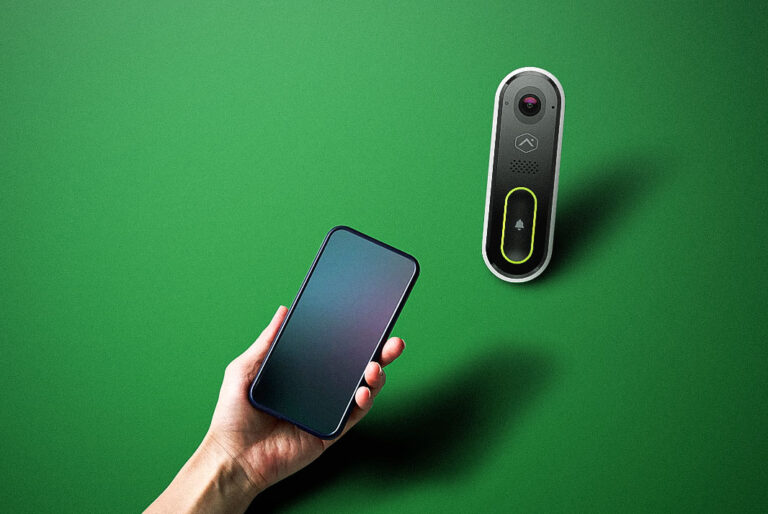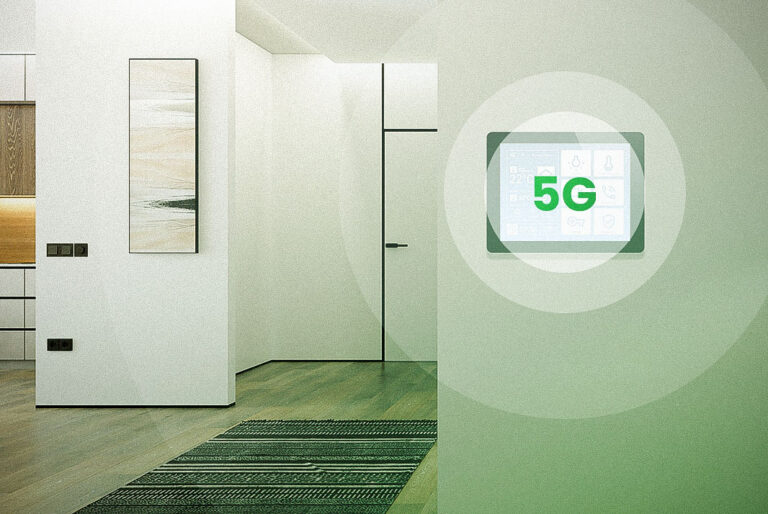When it comes to saving energy and cutting down on costs, one of the most promising technologies available today is smart lighting. Not only does it bring the convenience of controlling your lights remotely, but it also significantly boosts energy efficiency. Let’s dive into the world of smart lighting and see how it can benefit both your wallet and the environment.
Table of Contents
ToggleKey Features of Smart Lighting Systems
- Remote Control: Manage your lights from anywhere using an app.
- Automation: Set schedules for your lights to turn on and off.
- Energy Monitoring: Track your energy consumption in real-time.
The Importance of Energy Efficiency
Energy efficiency isn’t just about saving money—it’s also about reducing your carbon footprint. By using less energy, we can decrease the amount of greenhouse gasses released into the atmosphere, thus protecting our environment for future generations.
Environmental Impact
Switching to energy-efficient solutions like smart lighting helps reduce the demand for power plants, many of which rely on fossil fuels. This results in lower emissions of carbon dioxide and other harmful pollutants.
Economic Benefits
Energy-efficient technologies can significantly reduce your energy bills. In the long run, the savings on electricity costs can outweigh the initial investment in smart lighting systems.
How Smart Lighting Contributes to Energy Efficiency
Smart lighting systems are designed to minimize energy usage. Here’s how they achieve this:
- LED Technology: Smart lights often use LED bulbs, which consume up to 75% less energy than incandescent bulbs.
- Dimming Features: Adjust the brightness to match your needs, reducing energy usage.
- Occupancy Sensors: Lights turn off automatically when no one is in the room.
Comparison with Traditional Lighting
Traditional lighting systems often use more energy because they lack the ability to adjust their brightness or turn off automatically. Smart lighting, on the other hand, offers flexibility and intelligence, ensuring lights are only used when needed.
Types of Smart Lighting Systems
Smart Bulbs
These are LED bulbs that can be controlled via an app. They are easy to install and replace standard bulbs.
Smart Switches
Smart switches replace your existing light switches and provide smart control over any type of bulb you use.
Smart Lighting Fixtures
These are complete lighting units that come with built-in smart technology, offering advanced features right out of the box.
Features of Smart Lighting Systems
Remote Control
With smart lighting, you can control your lights from anywhere in the world. Forgot to turn off the kitchen light before leaving for vacation? No problem. Just use your smartphone to switch it off.
Automation and Scheduling
Set your lights to turn on at sunset and off at bedtime. You can even create complex schedules that adjust with the seasons.
Energy Usage Monitoring
Many smart lighting systems provide real-time data on your energy consumption, helping you identify areas where you can save even more.
Benefits of Smart Lighting
Reduced Energy Consumption
Smart lighting systems use advanced technology to ensure that energy is used efficiently. This can lead to significant reductions in your overall energy usage.
Lower Electricity Bills
By consuming less energy, you’ll see a noticeable decrease in your electricity bills. Over time, the savings can be substantial.
Enhanced Home Security
Smart lighting can be integrated with security systems, enabling lights to turn on when motion is detected or to simulate occupancy when you’re away.
Cost Savings with Smart Lighting
Initial Investment vs. Long-Term Savings
While the upfront cost of smart lighting can be higher than traditional lighting, the long-term savings on energy bills make it a worthwhile investment. Additionally, the lifespan of LED smart bulbs is much longer, reducing replacement costs.
ROI of Smart Lighting Systems
The return on investment (ROI) for smart lighting is impressive. Many users find that their smart lighting systems pay for themselves within a few years due to the savings on energy bills.
Integration with Smart Home Systems
Compatibility with Other Smart Devices
Smart lighting systems can be integrated with other smart devices like thermostats, security cameras, and voice assistants, creating a seamless smart home experience.
Creating a Cohesive Smart Home Ecosystem
By integrating smart lighting with other devices, you can automate multiple aspects of your home. For instance, your lights can turn on automatically when your smart door lock detects you’ve arrived home.
Choosing the Right Smart Lighting System
Factors to Consider
When selecting a smart lighting system, consider compatibility with your existing smart home devices, ease of installation, and the range of features offered.
Top Brands and Products
Popular brands like Philips Hue, LIFX, and Sengled offer a variety of smart lighting products. Each brand has its strengths, so choose one that fits your specific needs.
Installation and Setup
DIY vs. Professional Installation
While many smart lighting systems are designed for easy DIY installation, you might prefer professional installation for more complex setups, especially when dealing with smart switches or integrated fixtures.
Step-by-Step Setup Guide
- Choose Your System: Select the smart lighting products that best meet your needs.
- Install the Hardware: Replace your existing bulbs or switches with smart ones.
- Connect to Wi-Fi: Use the manufacturer’s app to connect your lights to your home network.
- Customize Settings: Set up schedules, automation, and any other features you want to use.
Common Myths about Smart Lighting
Debunking Misconceptions
Many people think smart lighting is too expensive or complicated to use. However, the long-term savings and ease of control make it a practical choice for most households.
Clarifying Common Doubts
Concerns about security and compatibility are common. Modern smart lighting systems use robust security protocols to protect your data and are often compatible with a wide range of devices.
Future of Smart Lighting
Emerging Trends and Technologies
The future of smart lighting includes advancements like improved energy efficiency, enhanced integration with other smart home devices, and even more user-friendly interfaces.
Potential Advancements
Expect to see more innovative features such as adaptive lighting that adjusts based on natural light levels and the integration of AI to predict and respond to your lighting preferences.
Conclusion
Smart lighting is a game-changer when it comes to energy efficiency and cost savings. By making the switch, you’ll not only reduce your energy consumption and lower your bills, but also enjoy the convenience and security of a smart home. With the continuous advancements in technology, now is the perfect time to invest in smart lighting.







